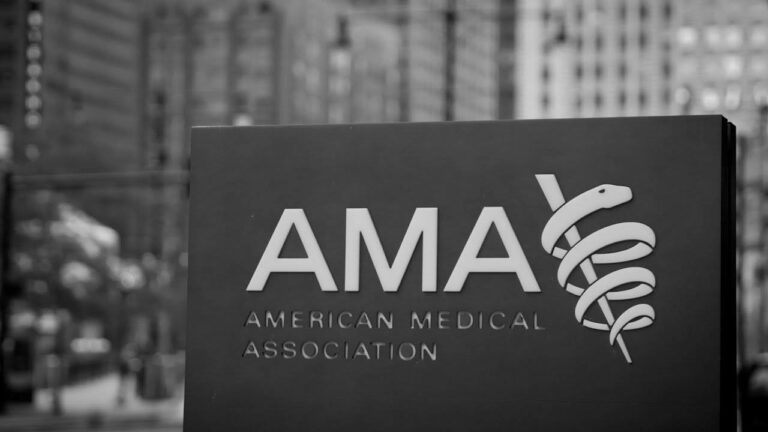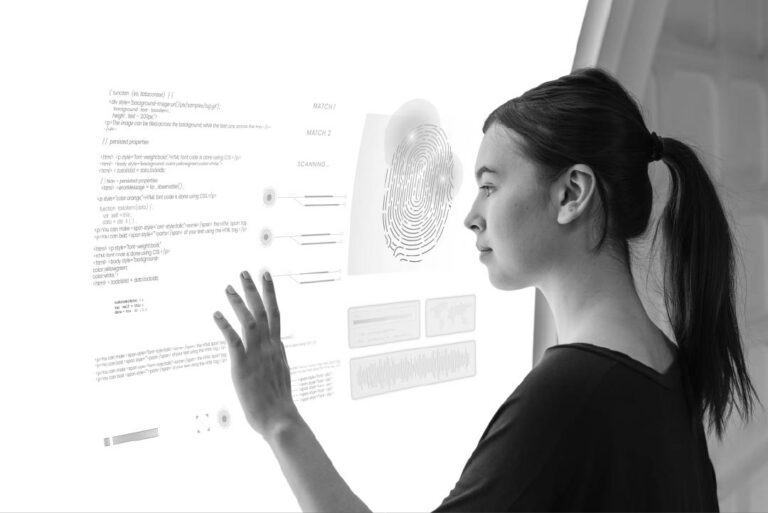legislation

The Health Insurance Portability and Accountability Act of 1996 (HIPAA)
Is a US federal law passed in 1996 that aims to protect patient health information (PHI). It sets national standards for safeguarding sensitive patient data and regulates how covered entities (like healthcare providers and insurers) use and disclose PHI. HIPAA also focuses on ensuring the portability of health insurance coverage when individuals change or lose their jobs. HIPAA’s primary goal is to protect the privacy and security of health information, ensuring that patients’ medical records and other sensitive data are not disclosed without their consent.
American Medical Association code of Medical Ethics on Medical Tourism The American Medical Association (AMA)
The American Medical Association (AMA) provides guiding principles for medical tourism, emphasizing patient choice, informed decision-making, and ensuring quality of care. These principles include voluntary participation, appropriate financial incentives, and referrals to accredited institutions, along with coordinated follow-up care and access to medical records. The AMA also encourages the collection and dissemination of outcomes data to enhance public understanding of medical tourism.


Directive 2011/24/EU of European Parliament and of The Council
Directive 2011/24/EU of European Parliament and of The Council on the application of patients’ rights in cross-border healthcare aims to facilitate patient mobility and ensure the right of EU citizens to access healthcare in another EU Member State and be reimbursed by their home country for the costs. The directive outlines the conditions for accessing cross-border healthcare, including prior authorization requirements and the recognition of prescriptions from other Member States.
Turkey Regulation Concerning International Health Tourism and Tourist Health
Aims to protect international medical tourists and regulate the health sector, health brokers, and private clinics involved in treating international patients. This regulation includes requirements for accreditation, medical certifications, and an International Health Tourism (IHT) certificate for practitioners.


Data Protection and Privacy Legislation Worldwide
As medical travel becomes more common and patients seek healthcare services across borders, data protection and privacy laws have become fundamental to building patient trust and safeguarding the integrity of healthcare systems. For the World Council for Medical Tourism (WCMT), these regulations are not only a legal requirement but also a strategic component in promoting a secure, ethical, and transparent global medical tourism ecosystem.
The effective implementation of national and international data protection laws ensures that patients’ medical and personal information is handled with the highest standards of confidentiality and security. It also reinforces the credibility of healthcare providers and encourages cross-border collaboration between countries, institutions, and industry stakeholders.
Below is an updated register of data protection and privacy legislation worldwide, intended to support awareness, compliance, and the promotion of best practices within the medical tourism sector.
Global AI Law
In an increasingly interconnected world, artificial intelligence (AI) is profoundly transforming how healthcare services are delivered, including those within the field of medical tourism. From AI-powered diagnostic systems to intelligent patient management platforms, this technology presents vast opportunities to enhance the quality, efficiency, and accessibility of cross-border medical care.
However, these advancements also raise critical ethical, legal, and regulatory challenges-especially in a global context where legal frameworks differ widely between countries. For the World Council for Medical Tourism (WCMT), active engagement in the global conversation on AI legislation is not only a matter of responsibility but a strategic necessity. The development of clear, harmonized AI regulations ensures that its application in medical tourism is safe, transparent, and equitable for international patients.
This document presents third-party research on the current state of AI legislation across various countries. Its goal is to provide a foundation of knowledge that will support the WCMT in strengthening its leadership in promoting responsible practices, protecting patient rights, and encouraging innovation within a robust ethical and legal framework.

Bring Your Medical Center to the International Avant-garde
Attract patients from all over the world.
Copyright © 2024 World Council For Medical Tourism




